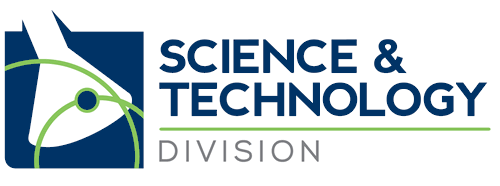1K
Here is the first in our series of previews for sessions to be presented at the 56thAnnual Conference (November 4–7, 2015, in Miami, Florida).
A Lucrative Sideline: Editing Non-Native English Scientific Writing
As we wind down on Saturday afternoon in Miami, come and join me to ponder a sideline that scientific and technical translators might want to consider. I am not suggesting that I couldn’t make my entire income from translation, but I feel this sideline builds upon my skill set and I enjoy it. Attend if you think you might enjoy it too.
I have always edited academic articles written by non-native English chemistry graduate students and professors. I got into it because I’m a highly specialized technical translator with training in a hard science. In translation, I work mainly with chemistry and texts related to the chemical industry. I have received non-native editing work on and off throughout the 10 years I’ve been a freelance translator. It has come to me from my ProZ.com profile, from professors I’ve met at chemistry networking events, from editing agencies, and from word-of-mouth from translation colleagues who live in France. In the last year or two the volume picked up quite a lot with authors in earth and life science so I developed a process to make it satisfying and lucrative for me.
This session will include
- what sets this work apart from translation or from editing texts written by native speakers
- how to price this work
- how to justify changes
- how to handle authors’ egos and build the customer relationship
- what an efficient editing process might look like
- how to edit
(Saturday, 3:30pm-4:30pm; All Levels; Presented in: English)
“The manuscript is poorly written and has too many grammatical and syntax errors. The results are very interesting from a practical standpoint, but the paper needs thorough revision to make it suitable for publication in The Journal of Astounding Scientific Developments.” Enter the native English-speaking editor. This session will describe what sets this work apart from translation or from editing texts written by native speakers, how to price it, and how to justify changes and handle authors’ egos when returning revised texts. We will conclude with a summary of what an efficient editing process might look like.
Karen Tkaczyk is the administrator of ATA’s Science and Technology Division and the chair of ATA’s Divisions Committee. She is an ATA-certified French>English freelance translator. Her translation work is entirely focused on chemistry and its industrial applications. She has an MChem in chemistry with French from the University of Manchester, a diploma in French, and a PhD in organic chemistry from the University of Cambridge. She worked in the pharmaceutical industry in Europe and, after relocating to the U.S. in 1999, in pharmaceuticals and cosmetics. She established her translation practice in 2005.

